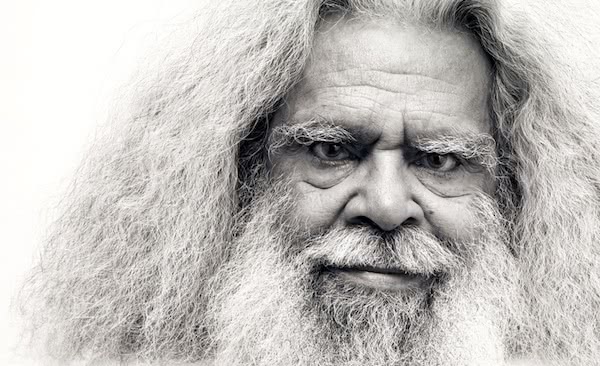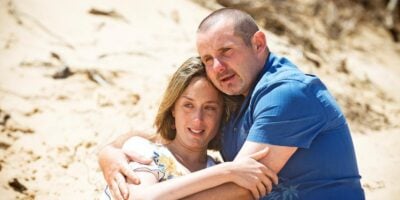The story of Coranderrk is one of those chapters of indigenous Australian history that has gone largely ignored. A new theatrical work aims to bring the story to light, so a broader audience might know what happened there.
Isaac Drandic is the director of Coranderrk, and he tells me the story of this piece of land and its people. “The indigenous population down in Victoria were displaced from their land, and had been moved around quite a bit by that point in the middle of the 19th century,” he explains. “They’d settle somewhere and begin to build a community, but as the population grew in the state, squatters would come to claim the land, and they’d be moved on again. Finally, they found a new home – on a piece of land at Badger Creek, once a traditional camping place for the Wurundjeri people, leaders William Barack and Simon Wonga established a settlement that would come to be known as Coranderrk.”
Coranderrk was unique at the time – a self-sufficient settlement, with a farm that sold produce, including wheat and hops, to nearby Melbourne. As the Victorian population continued to grow, however, the land at Coranderrk became more valuable. Before long, there was a push to make the indigenous population sell the property and move on yet again. “This was basically a last stand for the people at Coranderrk,” Drandic says. “The stakes were so high for William Barack and the rest of the people that if the Coranderrk community didn’t take a stand, it would have been the end for them.” There was an official parliamentary inquiry in 1881, and in a turn of events that was unprecedented at the time, the people of Coranderrk went head to head with the Aboriginal Protection Board, fighting for the right to remain on the settlement they had pioneered for themselves.
Coranderrk is framed around this inquiry. “The bulk of the text is taken directly from transcripts of the inquiry,” Drandic says, “so we’re hearing the real words that were spoken.” For many of the indigenous cast, the history of Coranderrk remains present. “Through these transcripts, you hear the religious and intellectual leaders of the day talking about how they’re going to ‘solve’ the aboriginal problem,’ Drandic says. “You hear the talk that would eventually lead to policies that separated families, creating the stolen generation. We’ve got Jack Charles in the show, who is a member of the stolen generation, but across the whole cast, we have actors who have felt the impact of those policies in their families, whose relatives were stolen.”
For Drandic, it is a great personal honour to take on a project like Coranderrk. “I’m from Perth,” he says, “so I’m very honoured to have been chosen to lead this project, to tell a story about something that happened on the other side of the country, in Victoria. It’s amazing to me that people from Victoria, where this story took place, have put their trust in me to lead this production, and lead the show from a directing point of view. I suppose the main challenge is staying true to the story and the history, while also making Coranderrk into a theatre piece. I spent a lot of time asking myself how we could tell the story in a way that was theatrical, but was also true. That’s the main challenge. We want this production to talk to the audience, but also to be faithful to the story and the real events.”
BY ALASDAIR DUNCAN
Belvoir St Theatre presents Coranderrk until January 3.


































